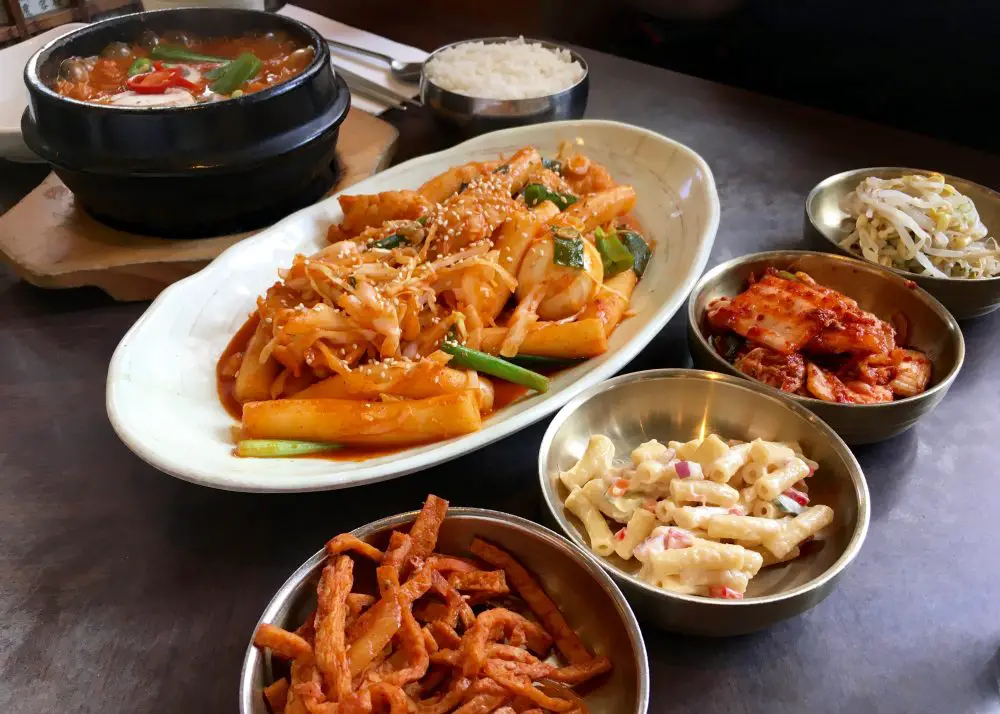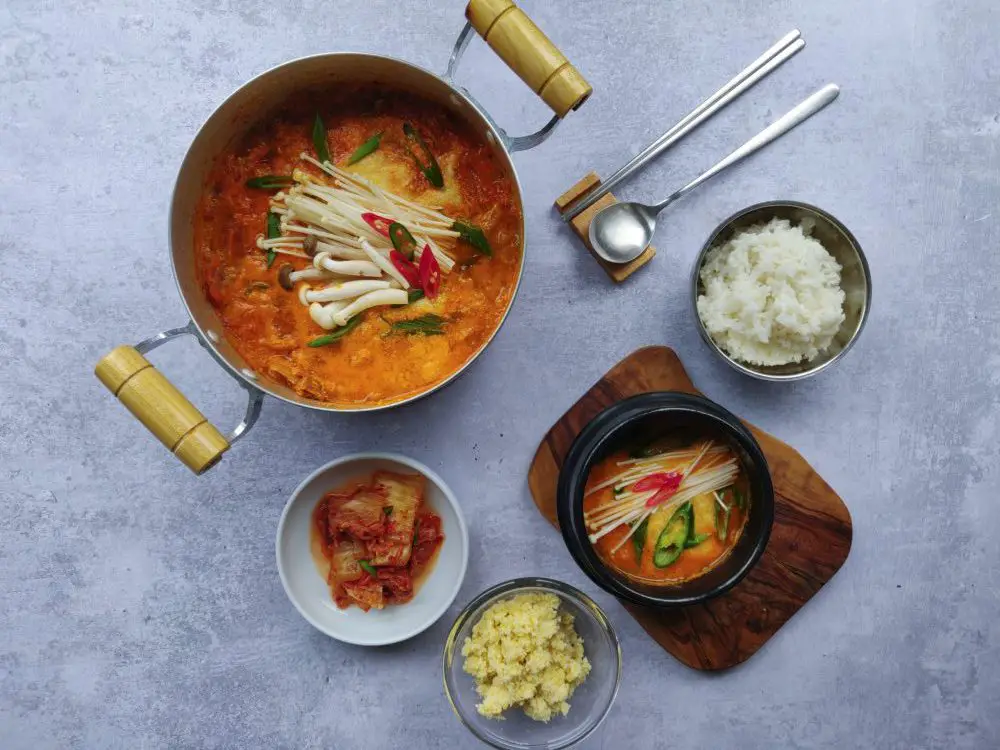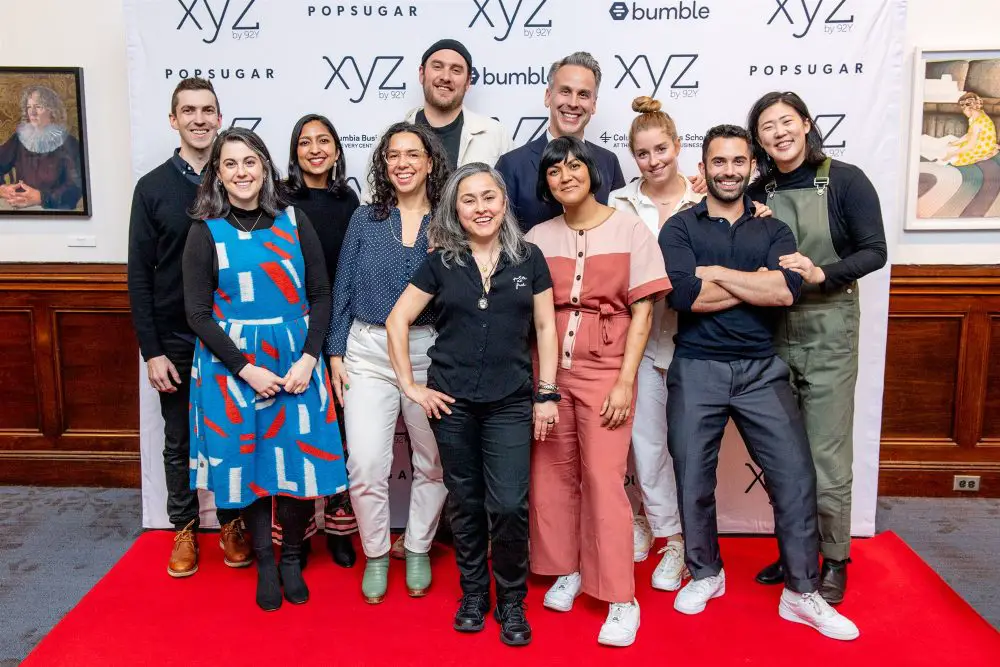
Over recent years, I’ve seen increasing examples of small food businesses popping up in Bristol selling cuisines which hark from countries and cultures other than the chef and business owner’s own. On the surface, there is nothing wrong with that. The issue comes when the person selling that cuisine fails to take the time and care to learn it properly and respect culture from which it derives. The issue comes when that business flags something as authentic or labels it for what it’s clearly not whilst earning money for it.
Be an ally
As a nicely comfortable, middle class white person I think it’s really important to be an ally and I often call these businesses out. This is usually an email or a DM (and rarely publicly unless they’re repeat offenders or being downright aggressive or pig ignorant). Responses tend to fall into two categories:
- I am so embarrassed, I didn’t think but I will do some research and correct my mistakes. I see this as unconscious bias.
- This is my food and my business and I’ll call it what I want. Cue angry voice. This is just down right disrespect.
The same goes for instagrammers and food bloggers. Like many people, I spend a lot of time cooking and eating food from around the world. I am very careful to label what I do. For example, I’d never ever call a recipe I created myself authentic and am always careful if I do come up with something to show that its inspired by the flavours of xxx but not necessarily typical of xxx. Unless, of course, I know 100% that it is. If you’re cooking food from other cultures, it’s just better to say “this is my take on xyz” and to be clear, if is not using the right ingredients, do not call it by it’s name, call it something else.
As @chefjennydorsey says:
“Why can’t I just cook what I want and like?
In an equal world, everyone would be able to do just this. However, that is not the reality of our current times. There are two major hurdles that stand in the way of everyone cooking what they like: equality of access and proper representation.
Right now, we do not have systems allowing equitable access to social, economic, and political capital. Only privileged segments of the populations—often affluent white men—can feasibly start a food business, acquire press and media support, and be rewarded (especially financially) for their work.
So when these individuals consciously decide to utilize the foods of another culture, particularly if it from a marginalized group, to reap a level of success and profit that is either unattainable or far more difficult to obtain for the people from that group, it is absolutely deserved of additional scrutiny“
Appreciate, don’t appropriate
It’s troubling to see how many ‘influencers’ take it upon themselves to write about food that they know nothing about. One guy is constantly posting Chinese recipes full of random ingredients whilst gloriously announcing how much he loves the cuisine. And yet… he can’t even spell char siu correctly. This is cultural appropriation (not to be confused with appreciation) because he’s taking what he wants without the respect it’s due. But, as Lia says on the podcast, a noodle pull is much more photogenic than a cottage pie and it gets the numbers. Just recently too, I’ve seen a spat on Instagram where someone has created a ‘pho’ dish with eggs and soy sauce. She was politely questioned by a Vietnamese girl who felt that the name as a bit misleading and was then basically trolled by the instagrammer and all her friends.
Speaking specifically about Asian food, right now, attacks on Asian people are up massively in the UK and USA. Whilst this might not feel relevant when we’re talking about food, it’s all linked. If you have the platform as a white person to share Asian food and choose not to speak out against violence and hate, you may as well be contributing because you sure as hell aren’t helping. This could be unconscious bias and you need to be aware of it so that you can tackle it head on.
Again, I’d like to quote someone who knows a lot more about this than me. Remi Morimoto Park says:
“People pick and choose the parts of our culture they want to interact with, and I can’t help but feel like there’s a huge disconnect between our community and people and our culture. It’s a lack of ally-ship and support for the culture from those who consumer it and many of whom even profit from it.
I want people to continue listening to K-pop, watching anime, and snacking on mochi but please also use your voice. Speak out when you see something, report it, and appropriately identify racially motivated attacks as hate crimes.“
Business examples
There are plenty of examples I could share, just from Bristol, never mind across the UK as a whole. A pop up kitchen selling ‘authentic Korean food’ which was essentially a poke bowl with coriander, edamame beans, avocado and bulgogi chicken. Come on… Oh, and that’s before we get onto the topic of their logo with crossed chopsticks sticking out the bowl. Basic lack of research or even attempt to show care.
The list goes on. A popular ‘Asian’ restaurant in the city’s trendiest area launched with a huge PR bash that was full of white faces. Not a single member of the Asian food blogging community was invited. No one of Asian descent worked in the kitchen either, despite their menus being packed with dishes covering the whole East Asian diaspora. I’m not saying their food isn’t delicious, what I’m saying is that they’re using it for personal gain. They’re riding a trend and profiting in the process without showing the slightest interest or respect for that very cuisine which is lining their pockets.

The best ally I know
All of this brings me round to Cindy from Korean Pantry, guest on the podcast episode I mention right at the start. Cindy is a French woman who has dedicated the last 10-12 years of her life to understanding Korean culture and cuisine. From meeting her Korean best friend at university to running her own business selling kimchi, Korean homewares and cookery classes, her story is one of respect, admiration and love. She is a shining example of how to immerse yourself into something wholly before choosing to create a business out of it. Oh, and her kimchi? Incredible.
What is unconscious bias?
Unconscious bias is something which is built up from stereotypes. These are beliefs that are ingrained into a society over many years. For example, you might find that you prefer to surround yourself with people who look like you without really knowing or understanding why. Unconscious bias can affect your decisions and views on topics such as sexual orientation, religion and skin colour without you even being aware.
When it comes to food, this can manifest itself in a few different negative ways. From Bon Appétit Test Kitchen in which people of colour were side lined for better known white stars to people like Jamie Oliver promoting his Jerk rice which contained non of the ingredients typically used in jerk seasoning.
I’ve spoken with friends from across the UK with White, Asian and Indian heritage and come up with a list of five rules you can apply to yourself to combat unconscious bias and respect food cultures when it comes to cooking, recreating dishes and eating out.

Respecting food origins by going to the source
- Seek out authentic sources – go beyond BBC good food next time you want a stir-fry recipe
- Use real names for the recipes you’re cooking. If we can say croissant, why do we say butter chicken instead of murgh makani?
- Spend time researching and learning about a dish before recreating it for your audience
- Be an ally – try to educate others and call them out when they repeat offend
- Shop and eat at independents which are run by people of that culture or people who show that they’ve taken time to really understand the origins of the food they sell.
We MUST get better
In a world which feels increasingly fragmented, being accountable and showing respect for the origins of the food we buy, cook and share publicly is one way in which we can break down conscious and unconscious biases. As food lovers, it’s our responsibility to do what we can to ensure we aren’t marginalising people whilst taking their food as our own. In its essence, this is a form of racism and has to stop. If you don’t know what to do, read up and learn. I am!
Asma Khan summarised this beautifully in our podcast recording back in 2019 when she said:
“Do not just look at the colour of my skin. Do not just listen to my accent and my Muslim name and bracket me into some box with all your prejudices. Be on my table, eat my food, look into my eyes and learn to honour me and my women“



Great piece Alex. I like to flip it around. So if someone from another country put in a dish some chopped spam, sweetcorn, a honey soy marinade and topped it with crispy noodles (actually sounds quite nice 😂) plopped it on insta and claimed it was ‘a traditional authentic British cottage pie’ we’d rightly be pissed off. Its the same thing! Just be respectful to other cultures food, do your research and be kind. I know I’ve learnt a lot over the years to try and be respectful, and I now don’t understand why people find it so hard. Well done Alex, nicely written.